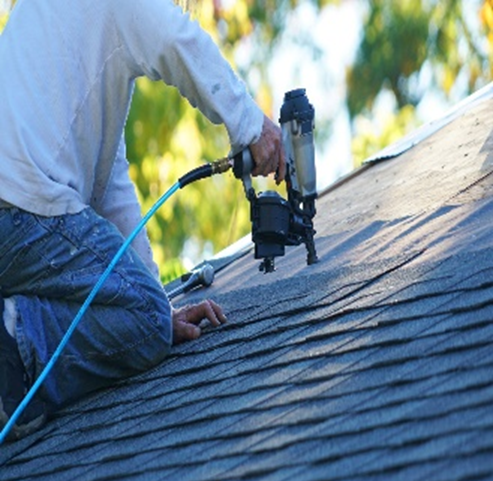Home Improvement Scams

Home Improvement Scams are fraudulent schemes where individuals or companies offer home improvement or repair services, often at a low cost or with promises of high-quality work, but fail to deliver on their commitments. These scams can leave homeowners with incomplete or shoddy work, financial losses, and property damage.
Victims can suffer financial losses by paying for services that are never completed or are of poor quality. In some cases, fraudulent contractors may cause additional damage to a homeowner's property. Dealing with the aftermath of a home improvement scam can lead to emotional distress and frustration.
Signs of Home Improvement Scams
- No or poor Credentials: The contractor has no license, insurance, references, reputation, or reviews.
- Be Wary of Door-to-Door Sales: Be cautious of unsolicited offers for home improvement services, especially from door-to-door salespeople.
- Get Multiple Quotes: Obtain multiple quotes from different contractors to compare prices and services.
- Avoid High-Pressure Sales: Refuse to make quick decisions or payments under pressure.
- Watch for Red Flags: Be alert to red flags such as contractors who ask for full payment upfront or who refuse written contracts.
Prevention Tips
- Research Contractors: Thoroughly research and check references for contractors before hiring them. Look for reviews and ratings by trusted sources.
- Written Contracts: Always insist on a written contract that outlines the scope of work, timelines, costs, and payment terms.
- Payment Schedule: Establish a payment schedule that links payments to the completion of specific project milestones.
- Avoid Cash Payments: Avoid making cash payments; instead, use checks or credit cards, which provide a paper trail.
- Report Suspicious Activity: Report any suspicious contractors or incidents to relevant authorities.
Recovering from the scam
- Cease Work: If you suspect a scam, stop work immediately and notify the contractor of your concerns.
- Document Everything: Document all communication, including agreements, invoices, and photos of the work.
- Report the Scam: Report the scam to local consumer protection agencies, the Better Business Bureau, or law enforcement.
- Seek Legal Help: Consult with legal professionals to explore options for recovering lost funds or addressing legal issues.
- Contact Your Insurance: If applicable, contact your homeowner's insurance to inquire about coverage for damages or losses.
- Educate Others: Alert your friends and neighbors to raise their awareness and prevent others from falling victim to similar scams.
References:
- Benson, J. (May 23, 2023). Couple in Their Late 80s Loses Nearly $200K in Home Repair Scam. NBC4 Washington, D.C. Retrieved from https://www.nbcwashington.com/news/local/authorities-issue-warning-after-elderly-couple-loses-nearly-200k-in-home-repair-scam/3354072/.
- Federal Trade Commission. (n.d.). Home Repair Scams. Retrieved from https://www.bulkorder.ftc.gov/system/files/publications/976a-pio-home-repairs-tearsheet.pdf
- Maryland Office of the Attorney General. (January 2023). Home Repair Scams. Retrieved from https://www.marylandattorneygeneral.gov/CPD%20Documents/Tips-Publications/127.pdf.
- van Dyk, Deirdre, AARP. (2024 March 28). How to Avoid Home Improvement Scams: Learn to identify the warning signs of a construction scam. Retrieved from https://www.aarp.org/money/scams-fraud/info-2019/home-improvement.html.

